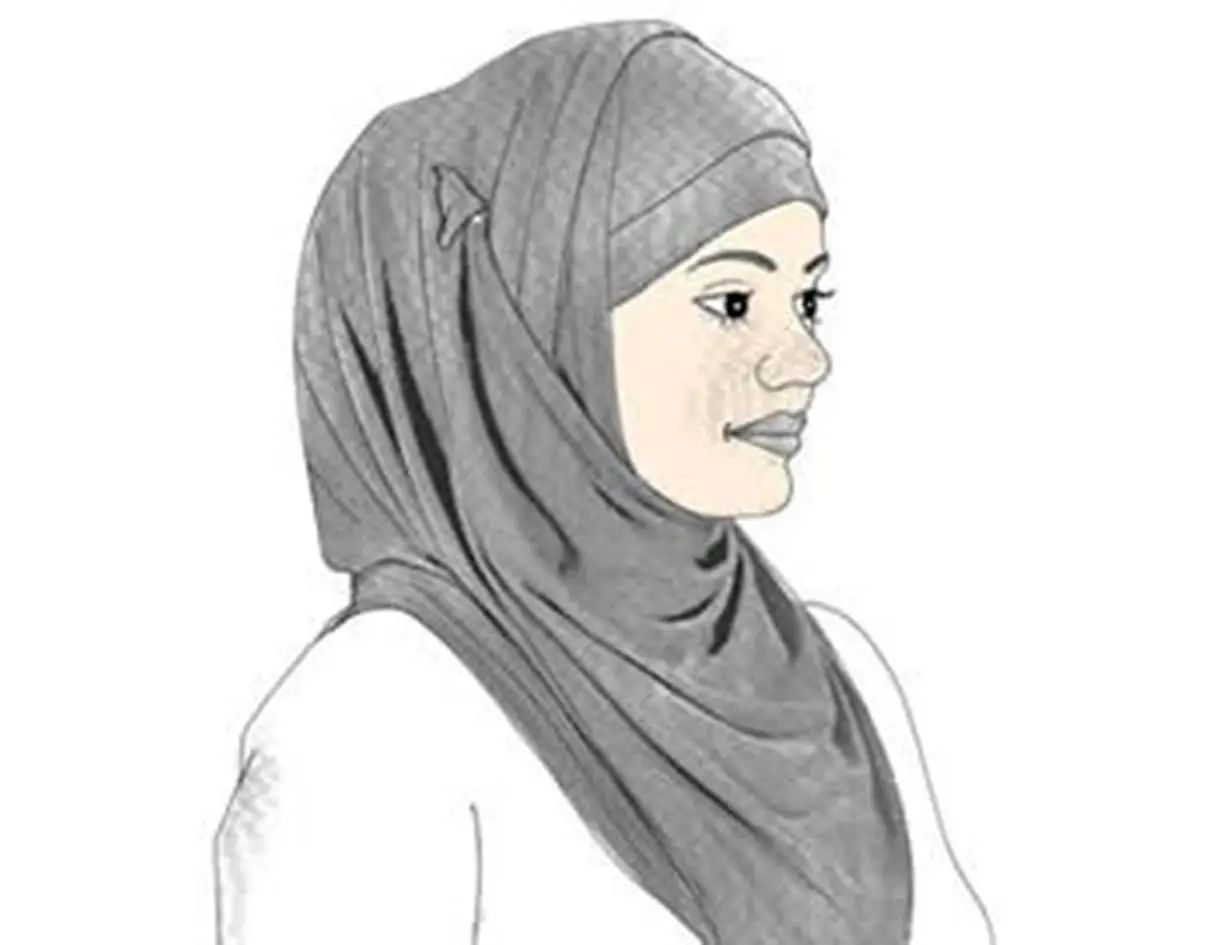Female Muslim students seek permission to take exams in hijab
A group of girl students from India’s southern state of Karnataka approached the Supreme Court on Wednesday, seeking that the government educational institutions in the state allow them to take examinations while wearing hijab. In October last year, an Indian Supreme Court bench delivered a split judgment on petitions challenging the Karnataka High Court’s verdict […]

A group of girl students from India’s southern state of Karnataka approached the Supreme Court on Wednesday, seeking that the government educational institutions in the state allow them to take examinations while wearing hijab.
In October last year, an Indian Supreme Court bench delivered a split judgment on petitions challenging the Karnataka High Court’s verdict to uphold the ban on wearing headscarves inside educational institutions.
Chief Justice Dhananjaya Yeshwant Chandrachud said on Wednesday that he would “take a call” soon on forming a larger bench to hear the case in light of the split decision last year, according to the local daily The Hindustan Times.
Advocate Shadan Farasat, who represents the students, told Anadolu that he requested earlier in the day to the Supreme Court that the girl students of government educational institutions in the state be allowed to sit in the examinations wearing hijab when they begin early next month.
First Muslim-American appointed to New York’s police oversight committee
Foundation builds mosque for Muslim group in Abuja
The issue of the hijab ban in Karnataka state began when Muslim girl students were barred from entering their classrooms at a government college in the Udupi district in January last year because they were covering themselves according to their religious practice.
Subsequently, the issue spread to other institutions in the state, where Muslim girls were barred from wearing the hijab.
The students petitioned the Karnataka High Court, which upheld the ban on March 15, last year, ruling that “wearing of hijab by Muslim women doesn’t form a part of essential religious practice in the Islamic faith.”
The students then approached the Supreme Court, challenging the High Court verdict.
